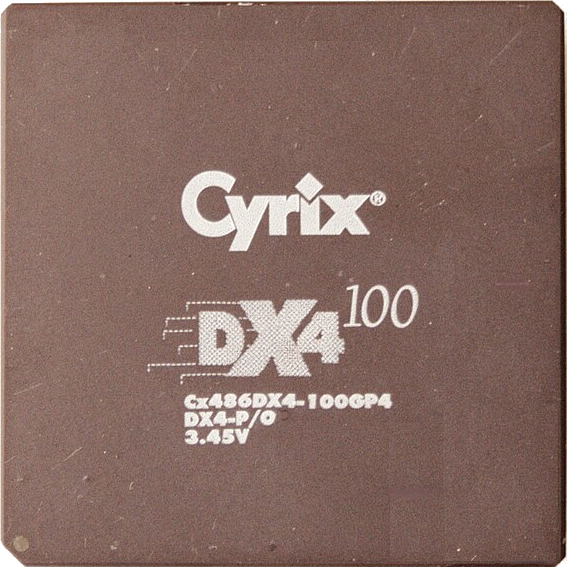

Linksys WRT54G
The Linksys WRT54G did not run OpenWrt by default and the original OS does not even remotely resemble OpenWrt. What OpenWrt did use from the original OS was the Broadcom wireless driver because it was closed source (and a similar kernel version, so the driver could be used), since there was no driver in the mainline kernel.
But to try to answer the question, this device has been designed by the OpenWrt developers to fit their needs (and their users needs). Other routers running some variant of OpenWrt on them by default were designed by companies unrelated to the project. They most likely used OpenWrt because it was convenient to them. Their intentions weren’t usually the same as the OpenWrt team’s (repairability, easy to unbrick, etc.). Not that there is anything wrong with that. I like GL.Inet routers.
I would prefer more LAN ports as well, but how does that relate to what I said? I never said they intended to build or should build a device that fits all use-cases.